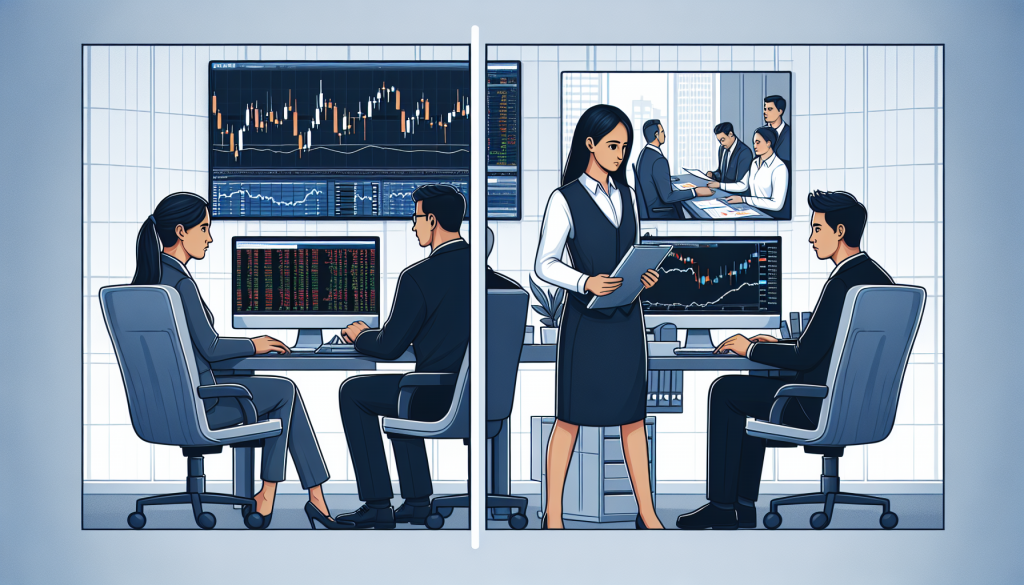Understanding Professional Clients and Professional Traders

Who Are Professional Clients?
Professional Clients have a unique designation in the world of finance that distinguishes them from retail clients. Unlike retail clients, who participate in financial markets on an occasional basis, professional clients have a more profound grasp of financial products and the dangers associated with them.
A professional client is often a large institution such as a bank, insurance company, pension fund or a wealthy individual who meets specific criteria. The Financial Conduct Authority (FCA) stipulates that these clients have the expertise and knowledge to make their investment decisions and rightfully assess the risks that these transactions may involve.
The Criteria for Being a Professional Client
Becoming a professional client isn’t a straightforward process. The FCA lays out a few criteria for this:
- The client has carried out transactions of a significant size on the relevant market at an average frequency of ten per quarter over the previous four quarters.
- The size of the client’s financial instrument portfolio exceeds €500,000.
- The client works or has worked in the financial sector for at least one year in a professional position.
Advantages of Being a Professional Client
Being a Professional Client has its perks. These may include higher leverage limits, lower margin requirements and altered regulations. However, these benefits come with risks as the level of protection is not as high as for retail clients.
Who are Professional Traders?
Next, let’s delve into “What are Professional Traders?”. These are individuals who trade securities for a living. They can work independently, for a financial institution, or as a portfolio manager. The main difference between professional traders and retail traders is that the former make a living by trading securities, whereas the latter trade primarily for personal growth or supplemental income.
What Does a Professional Trader Do?
Professional Traders use a variety of techniques to make informed decisions about market trends. They analyse market conditions, utilise complex algorithms and leverage substantial amounts of capital to turn a profit. These individuals operate in fast-paced, high-stress environments and must make quick decisions.
How to Become a Professional Trader?
Becoming a professional trader needs a combination of education, experience and financial resources. It typically involves a degree in finance or a related field, an understanding of financial markets, and a substantial capital base. Most importantly, it requires a robust strategy and a cool head in volatile markets.
Conclusion: Understanding Professional Clients & Professional Traders
In conclusion, Professional Clients and Professional Traders are two distinctly different entities in the finance world. The former is characterised by large institutions with extensive financial knowledge, while the latter refers to individuals who trade securities professionally. Both play critical roles in the financial markets and require a significant level of expertise and experience.
Remember, while the potential rewards can be substantial, the risks are also high. Whether you’re considering becoming a professional trader or working with a professional client, make sure you understand the ins and outs of the financial markets.

